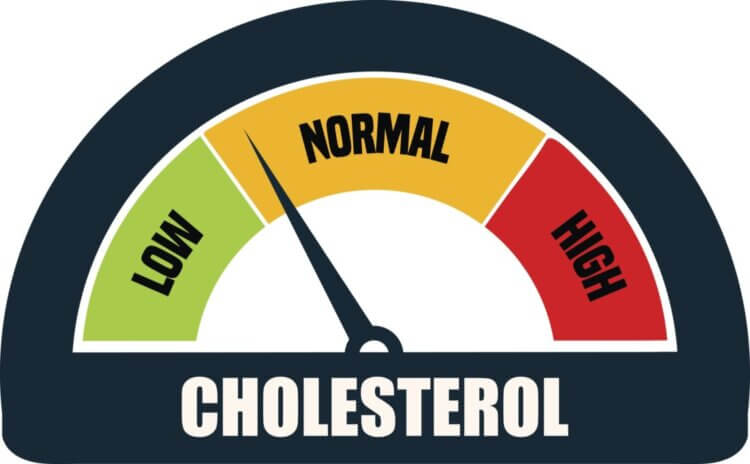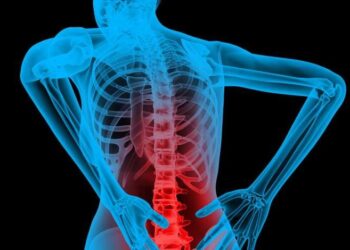Cholesterol, a complex topic in health, is responsible for a variety of bodily activities.
This waxy substance produced by the liver is present in all cells and is required for cell membrane integrity, hormone synthesis, and neural and brain development.
Dr. LK Jha, a cardiologist at Asian Hospital, explained that while cholesterol is a broad issue, there are two primary forms – triglycerides and LDL (low-density lipoprotein or bad cholesterol) and HDL (high-density lipoprotein or good cholesterol).
“Cholesterol is a broad issue and the level of cholesterol that makes it a normal level in the body is different from one laboratory to another. Whenever we see a cholesterol report, we keep in mind the reference range of the lab,” Dr LK Jha told.
A normal person’s total cholesterol level should be between 150 and 200. Triglycerides should be fewer than 150, and LDL cholesterol should be less than 160. HDL, on the other hand, should be greater than 35.
“If a person is already suffering from a cardiac disease or is diabetic the cholesterol should be less than 150 and HDL 145,” added Dr Jha.
Earlier, Dr Somnath Gupta, Consultant Physician & Diabetologist, Yashoda Hospitals said, “The removal of harmful cholesterol from blood arteries is aided by good cholesterol. Increased consumption of foods heavy in cholesterol, saturated fat, and trans fats causes bad cholesterol levels to rise.”
How to prevent bad cholesterol from forming?
According to Dr. Jha, processed foods are the most common source of bad cholesterol.
“Any food that has been kept in the frozen section for an extended period of time should be avoided.” All preservative-laden junk food should be avoided because it contains extremely high levels of cholesterol. Even when eating out, make sure you’re consuming fresh food rather than stored stuff,” he added.
According to Dr. Gupta, bad cholesterol levels may rise as a result of diabetes or high blood sugar levels.
“Hypothyroidism causes both decreased metabolic rates and an increase in bad cholesterol.” Diseases of the liver or kidney can also cause an increase in dangerous cholesterol levels. A polycystic ovarian syndrome can potentially cause bad cholesterol.
What is the best way to increase good cholesterol?
“Although avoiding animal-based foods can help you lower your LDL level, the best way to increase good cholesterol in the body is by exercising,” advised the expert.
Other factors, such as genetics and liver function, influence cholesterol levels in the body.
Three out of every twenty persons have some type of cholesterol abnormality.
Reduce your intake of cholesterol, saturated fat, and trans fats, and replace them with more mono and polyunsaturated fats (PUFA), such as safflower, sunflower, and fish oil. Nuts can also drastically lower blood cholesterol levels.
Source:IT







 Finance
Finance







